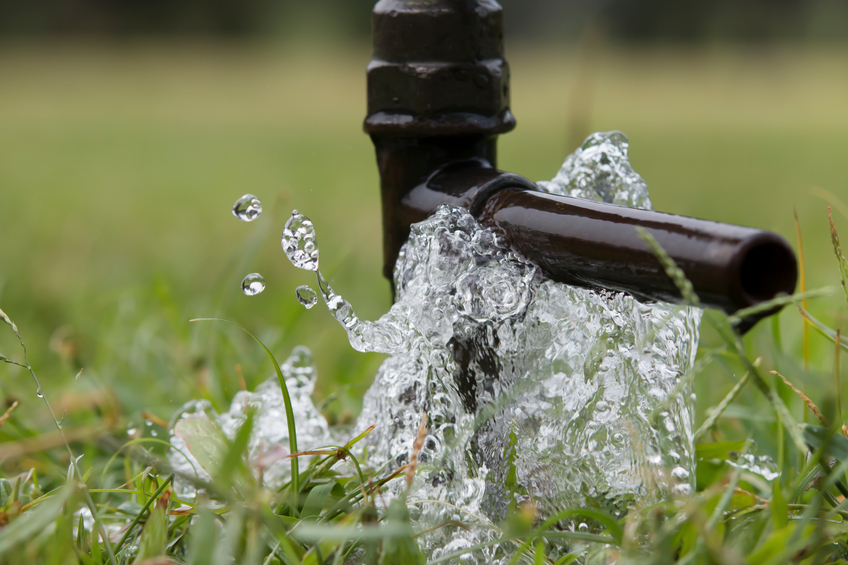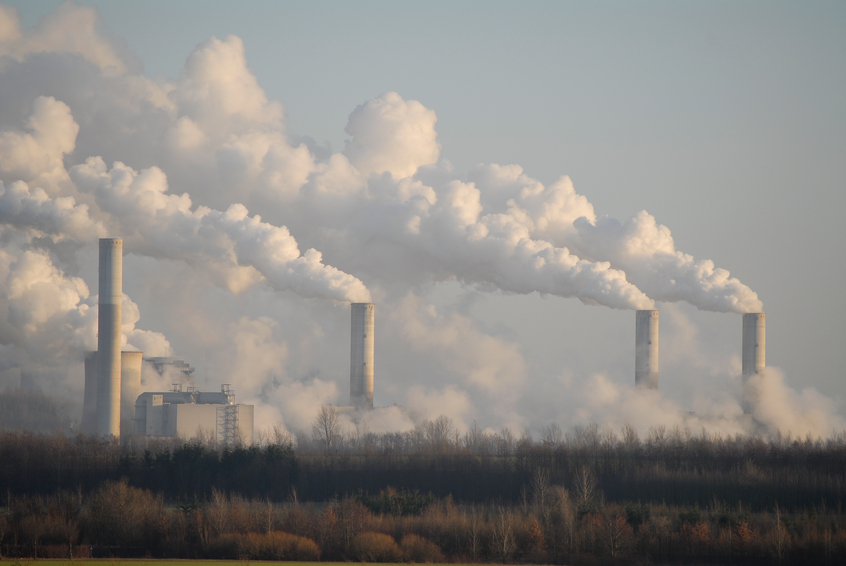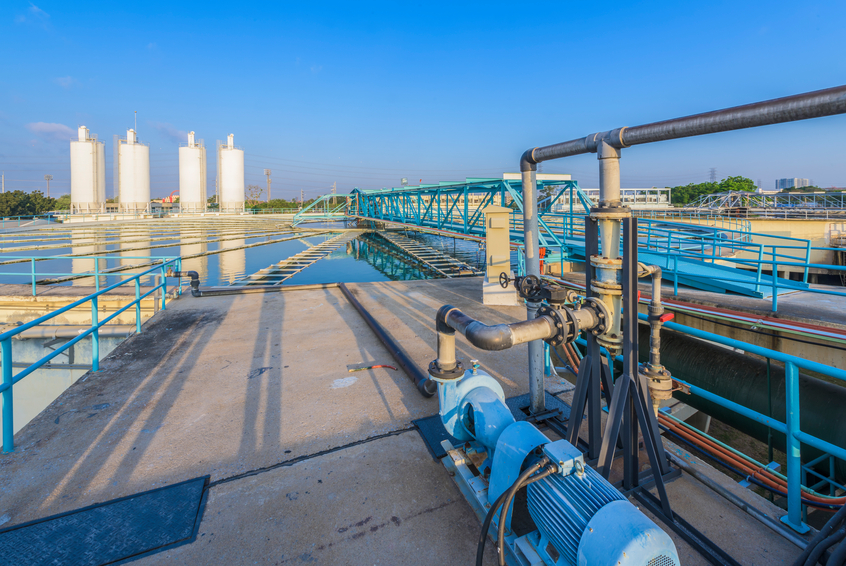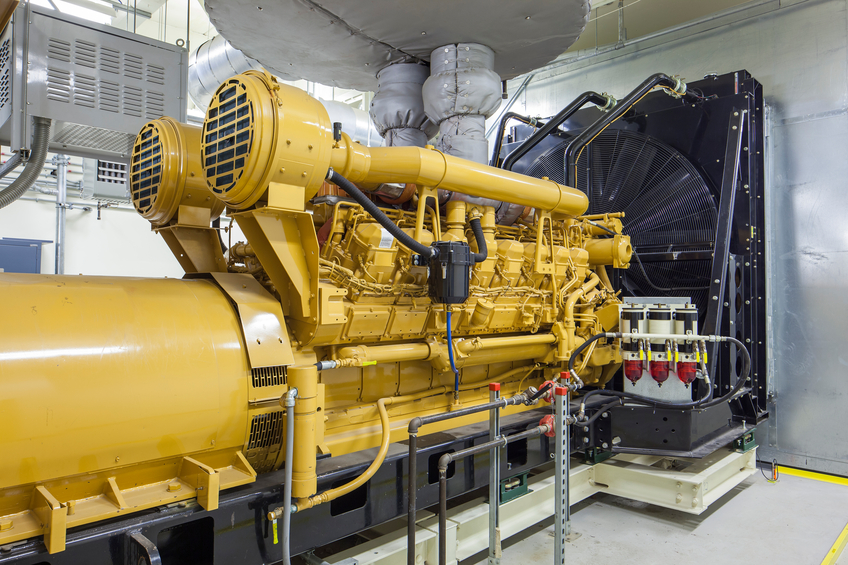South Dakota Energy Efficiency 30 PDH Discount Package 2
Courses in this Package
Residential Solar PV Energy Guide (R03-015)
Understanding Solar Photovoltaic System Performance (R02-018)
Water Efficiency Management Guide for Landscaping and Irrigation (C01-025)
Water Efficiency Management Guide for Mechanical Systems (M02-055)
Estimating the Environmental Effects of Green Roofs (C02-075)
Advancing Systems and Technologies to Produce Cleaner Fuels (P03-003)
Boiler Fuels, Emissions and Efficiency (M02-028)
Heating and Cooling System Upgrades (M03-022)
Improving Process Heating Systems Performance (M05-026)
Premium Efficiency Motor Selection and Application Guide (E07-002)

This online engineering PDH course provides information on solar photovoltaic (PV) technology, and presents a series of steps that will help you reach a well-informed conclusion about making an investment in solar energy systems.
Solar PV technology is the process that converts sunlight into electrical current when it strikes suitable materials called semiconductors in a device. Sunlight is absorbed by semiconducting materials, such as silicon, releasing electrons from their atoms. The electrons flow through the semiconductor to produce direct current (DC) electricity.
The technologies associated with the building blocks of a solar array project may seem complicated; however, the system design and construction are relatively simple and straightforward. Familiarity with the design and construction procedures is beneficial in becoming a more educated consumer and owner.
This 3 PDH online course is applicable to electrical and mechanical engineers as well as energy specialists who are interested in expanding their knowledge on solar PV technology and understanding the detailed considerations for installing similar systems for generating electricity.
This PE continuing education course is intended to provide you with the following specific knowledge and skills:
- Familiarizing with the building blocks of solar PV systems
- Understanding the preliminary research process prior to designing a system or purchasing its components
- Learning about site assessment and determining the ideal conditions for the solar array
- Understanding the different considerations for roof and ground-mounted systems
- Learning how to formulate solar array designs, calculations and sizing requirements
- Identifying the significant components of a solar array as part of the equipment selection process
- Gaining a general overview of contracts, installation, maintenance and monitoring of solar energy systems
Upon successful completion of the quiz, print your Certificate of Completion instantly. (Note: if you are paying by check or money order, you will be able to print it after we receive your payment.) For your convenience, we will also email it to you. Please note that you can log in to your account at any time to access and print your Certificate of Completion.

This online engineering PDH course presents a performance analysis of 75 solar photovoltaic (PV) systems installed at federal sites, conducted by the Federal Energy Management Program (FEMP) with support from National Renewable Energy Laboratory and Lawrence Berkeley National Laboratory.
System data is analyzed for key performance indicators including availability, performance ratio, and energy ratio by comparing the measured production data to modeled production data. The analysis utilizes the National Renewable Energy Laboratory’s System Advisor Model (SAM), which combines a description of the system (such as inverter capacity, temperature derating, and balance-of-system efficiency) with environmental parameters (coincident solar and temperature data) to calculate predicted performance.
The measured performance metrics are useful in that they provide realistic expectations of performance, and owners of existing systems may compare their own measured performance values to the average and focus on corrective actions.
This 2 PDH online course is applicable to mechanical and electrical engineers and energy specialists who are interested in learning more about the performance of solar photovoltaic systems.
This PE continuing education course is intended to provide you with the following specific knowledge and skills:
- Familiarizing with the key performance indicators of PV systems
- Understanding the research methodology of the proposed study
- Analyzing a statistical summary of key performance indicators across a sample of PV systems and drawing conclusions
- Gaining an overview of the future steps and resources for agencies interested in improving photovoltaic system performance
Upon successful completion of the quiz, print your Certificate of Completion instantly. (Note: if you are paying by check or money order, you will be able to print it after we receive your payment.) For your convenience, we will also email it to you. Please note that you can log in to your account at any time to access and print your Certificate of Completion.

This online engineering PDH course provides basic information about landscaping and irrigation and discusses the different approaches and technologies utilized to ensure efficient outdoor water use.
Most of the residential outdoor water in the United States is used for landscape irrigation. In fact, as much as half the residential outdoor water is wasted through evaporation, wind, or runoff. Many factors are either directly or indirectly responsible for this loss among which; improper irrigation system design and installation as well as poor maintenance. Thus, improved landscaping, effective maintenance practices and efficient irrigation equipment can significantly reduce water use, prevent its loss and decrease costs from property landscapes.
This 1 PDH online course is applicable to environmental, civil and landscape engineers who are interested in improving outdoor water efficiency by learning proper landscape design, irrigation techniques and the different equipment that help reduce water use.
This PE continuing education course is intended to provide you with the following specific knowledge and skills:
- Familiarizing with the concept of outdoor water use
- Understanding the most common problems in improper irrigation systems
- Learning about landscape maintenance for water-efficient landscaping
- Learning about irrigation maintenance for water-efficient landscaping
- Exploring irrigation system components and the different technologies used
- Knowing about water efficiency measures through various irrigation controllers
Upon successful completion of the quiz, print your Certificate of Completion instantly. (Note: if you are paying by check or money order, you will be able to print it after we receive your payment.) For your convenience, we will also email it to you. Please note that you can log in to your account at any time to access and print your Certificate of Completion.

This online engineering PDH course presents guidelines on how to reduce mechanical system water use in residential buildings. Mechanical systems are frequently utilized to provide heating and cooling for residential properties. They typically fall into two categories: centralized and decentralized systems.
Centralized mechanical systems provide heating and cooling from a central location, such as a mechanical room or utility penthouse. These systems are more common in mid- and high-rise multifamily properties and can include cooling towers, boilers, and steam systems, each of which uses water as the heat transfer medium. As a result, the use of water for building heating and cooling can be significant and using sound management practices is a good opportunity for water savings.
Decentralized mechanical systems treat each unit of a multifamily property as its own space, as if each unit were a stand-alone single-family residence. These systems do not typically use process water, so they are not the focus of this water efficiency management guide.
This 2 PDH online course is intended for mechanical, environmental and civil engineers, as well as other technical personnel who are interested in learning more about reducing water use in mechanical systems.
This PE continuing education course is intended to provide you with the following specific knowledge and skills:
- Understanding the basics principles behind single-pass cooling, cooling towers and boiler/steam systems
- Understanding mechanical system water use
- Familiarizing with the maintenance and best management practices
- Knowing the mechanical systems retrofit and replacement options
- Familiarizing with the water savings calculations and assumptions
Upon successful completion of the quiz, print your Certificate of Completion instantly. (Note: if you are paying by check or money order, you will be able to print it after we receive your payment.) For your convenience, we will also email it to you. Please note that you can log in to your account at any time to access and print your Certificate of Completion.

This online engineering PDH course provides insight on how to estimate the positive environmental effects of green roof installations in cities. This is accomplished by providing a brief introduction to the basic concepts and definitions relating to urban environmental pollution, followed by a case study of the Kansas City metropolitan area.
A green roof—also called a vegetated roof or eco-roof—is a roof with soil and plants placed on top of a conventional roof. Green roofs are growing in popularity, as they have proven to be a cost-effective strategy for creating more livable and sustainable cities. Integrating nature-based solutions like green roofs into the urban landscape has several benefits to the environment, public health, and society.
This 2 PDH online course is applicable to architects, sustainability, environmental, and building engineers, as well as other technical personnel interested in learning more about the numerous benefits of green roof installations in urban areas.
This PE continuing education course is intended to provide you with the following specific knowledge and skills:
- Learning how green roofs benefit the environment and public health
- Familiarizing with green roofs using as a case study (Kansas City, Missouri)
- Understanding the analytical process, methodology, and tools used in estimating the benefits of green roof installations
- Understanding the limitations of the model and results of the presented case study
Upon successful completion of the quiz, print your Certificate of Completion instantly. (Note: if you are paying by check or money order, you will be able to print it after we receive your payment.) For your convenience, we will also email it to you. Please note that you can log in to your account at any time to access and print your Certificate of Completion.

This online engineering PDH course provides information on advancements made in systems and technologies related to oil and natural gas development to produce cleaner fuels. It pays special attention to advancements aimed at reducing the environmental impact associated with the production of oil and natural gas. It also discusses the safety conditions for those involved in the development process.
Fossil fuel resources account for 82% of total U.S. primary energy use because they are abundant, have a relatively low cost of production, and have a high energy density—enabling easy transport and storage. The infrastructure built over decades to supply fossil fuels is the world’s largest enterprise with the largest market capitalization. Of fossil fuels, oil and natural gas make up 63% of energy usage. Across the energy economy, the source and mix of fuels used across these sectors is changing, particularly the rapid increase in natural gas production from unconventional resources for electricity generation and the rapid increase in domestic production of shale oil. The United States will, for the foreseeable future, continue to rely heavily upon oil and natural gas to support its economy, national security, and energy security.
This 3 PDH online course is applicable to petroleum, chemical, mechanical and sustainability engineers and other technical personnel who are interested in learning more about the trends in advancing oil and gas development systems and technologies.
This PE continuing education course is intended to provide you with the following specific knowledge and skills:
- Understanding the Oil and Gas industry in the Energy Economy of the United States
- Familiarizing with the latest technological advancements in Oil and Gas
- Learning about the emerging research opportunities and the four themes to address R&D challenges
- Learning the about the Oil and Gas challenges through specific technology assessments
- Understanding the risks associated with the various aspects of oil and natural gas development
- Learning from past oil and natural gas development mistakes and disasters to ensure they are not repeated
Upon successful completion of the quiz, print your Certificate of Completion instantly. (Note: if you are paying by check or money order, you will be able to print it after we receive your payment.) For your convenience, we will also email it to you. Please note that you can log in to your account at any time to access and print your Certificate of Completion.

This online engineering PDH course introduces the different types of solid, liquid, and gaseous fuels commonly fired in industrial, commercial and institutional boilers. It describes the characteristics of fossil and non-fossil fuels with emphasis on coal, oil, natural gas, biomass, and refuse-derived fuels (RDFs). This course also presents the principle emissions from combustion boilers that are regulated under the Clean Air Act (
This 2 PDH online course is applicable to mechanical engineers, designers, contractors, building professionals, and manufacturers who are interested in gaining a better understanding of the various boiler fuels and their emissions.
This PE continuing education course is intended to provide you with the following specific knowledge and skills:
- Understanding the different types of solid, liquid and gaseous fuels commonly fired in boilers
- Knowing the four principle emissions from combustion boilers; nitrogen oxides (NOx), sulfur dioxide (SO2), particulate matter (PM) and carbon monoxide (CO)
- Learning how to maximize efficiency by understanding combustion losses and boiler losses
In this professional engineering CEU course, you need to review Chapter 3, "Fuels, Emissions, and Efficiency" of the Department of Energy (DOE) Publication "Guide to Low-Emission Boiler and Combustion Equipment Selection".
Upon successful completion of the quiz, print your Certificate of Completion instantly. (Note: if you are paying by check or money order, you will be able to print it after we receive your payment.) For your convenience, we will also email it to you. Please note that you can log in to your account at any time to access and print your Certificate of Completion.

This online engineering PDH course identifies the opportunities for improving the performance of the heating and cooling system based on the type of system that is in place.
Heating and cooling systems are the largest single consumers of energy in buildings. These systems condition the air within a building so that occupants are comfortable. Heating and cooling systems consist mainly of chillers, boilers, cooling towers, and pumps. There are central heating and cooling systems, and unitary systems that combine heating and cooling. Opportunities exist for improvement to both central and unitary systems.
This 3 PDH online course is applicable to engineers, contractors, designers and other technical professionals who are involved in the retrofit of existing heating and cooling systems.
This PE continuing education course is intended to provide you with the following specific knowledge and skills:
- Understanding the best opportunities available for upgrading central cooling systems including chillers, cooling towers, water side economizers and pumps
- Understanding the best opportunities available for upgrading central heating systems including boilers and furnaces
- Understanding the best opportunities available for unitary systems including packaged or rooftop units, split system packaged units, air source heat pumps and water loop heat pump systems
- Learning about new strategies aimed at saving energy such as geothermal heat pumps, district cooling and heating, radiant heating and cooling, cool storage, high temperature difference distribution, evaporative cooling, and non-electric cooling
In this professional engineering CEU course, you need to review "Heating and Cooling System Upgrades" of the Energy Star Building Manual. (Energy Star is a joint program of the U.S. Environmental Protection Agency and the U.S. Department of Energy).
Upon successful completion of the quiz, print your Certificate of Completion instantly. (Note: if you are paying by check or money order, you will be able to print it after we receive your payment.) For your convenience, we will also email it to you. Please note that you can log in to your account at any time to access and print your Certificate of Completion.

This online engineering PDH course describes basic process heating applications and equipment, and outlines opportunities for energy and performance improvements. It also discusses the merits of using a systems approach in identifying and implementing these improvement opportunities for Fuel-Based and Electric-Based heating systems. Furthermore, it provides recommendations to financially justify process heating improvement projects (System Economics).
Process heating is essential in the manufacture of most consumer and industrial products, including those made out of metal, plastic, rubber, carbon fiber, concrete, glass, and ceramics. Process heating systems are broken into three basic categories: Fuel-Based Process Heating, Electric-Based Process Heating, and Steam-Based Process Heating all of which are discussed in details.
This 5 PDH online course is applicable to mechanical, industrial and process engineers, designers, manufacturers and all personnel involved in the planning, design and installation of process heating systems.
This PE continuing education course is intended to provide you with the following specific knowledge and skills:
- Understanding the basics behind process heating operations
- Familiarizing with the common types of process heating systems and equipment
- Recognizing efficiency opportunities for fuel-based and electric-based heating systems
- Learning how to financially justify process heating improvement projects
Upon successful completion of the quiz, print your Certificate of Completion instantly. (Note: if you are paying by check or money order, you will be able to print it after we receive your payment.) For your convenience, we will also email it to you. Please note that you can log in to your account at any time to access and print your Certificate of Completion.

This online engineering PDH course provides guidance in new motor purchase decisions, and helps in identifying the energy and cost savings for motors that should be replaced with premium efficiency units.
The National Electrical Manufacturers Association (NEMA) adopted a NEMA Premium® efficiency motor standard in August of 2001. A motor can be marketed as a NEMA Premium motor if it meets or exceeds a set of minimum full-load efficiency levels.
These premium efficiency motor standards cover the 1 horsepower (hp) to 500 hp three-phase low-voltage NEMA Design A and B general, special, and definite purpose induction motors that are in widespread use in U.S. industrial facilities. The energy savings from replacing in-service standard and energy efficient motors with premium efficiency motor models can be substantial.
This 7 PDH online course is applicable to electrical and mechanical engineers and professionals who are interested in learning more about the performance, properties, selection and applications of premium efficiency motors.
This PE continuing education course is intended to provide you with the following specific knowledge and skills:
- Familiarizing with the in-service motor population and motor uses in the industrial sector
- Understanding the evolution of voluntary and mandatory motor efficiency standards
- Learning how to evaluate motor efficiency opportunities, address application considerations, and determine cost-effectiveness
- Gaining an overview of currently available and emerging advanced “Super Premium” efficiency motor technologies
- Understanding the preventive and predictive maintenance activities necessary to keep premium efficiency motors operating at peak efficiency
Upon successful completion of the quiz, print your Certificate of Completion instantly. (Note: if you are paying by check or money order, you will be able to print it after we receive your payment.) For your convenience, we will also email it to you. Please note that you can log in to your account at any time to access and print your Certificate of Completion.